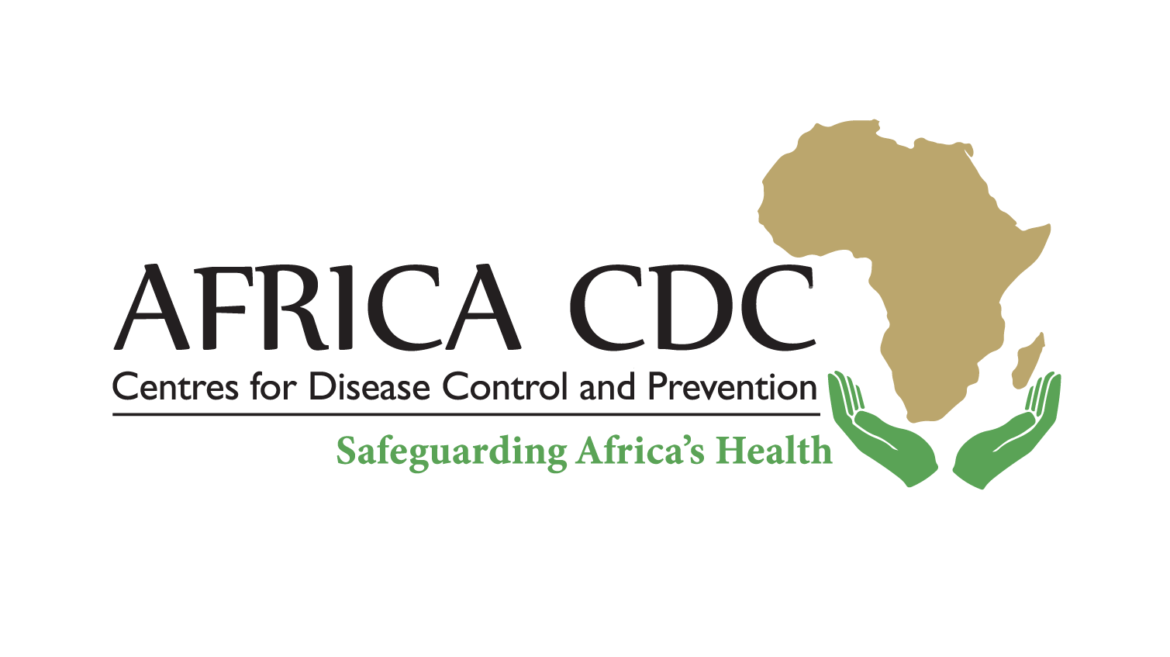By Iyemah David
The Africa Centres for Disease Control and Prevention (Africa CDC) has reported that Mpox remains a significant public health issue.
The centre said that 489 new cases of Mpox, and 53 deaths were confirmed in the past week.
Director General of Africa CDC, Dr Jean Kaseya disclosed this during a weekly briefing on disease outbreaks in the continent.
According to him, Mpox continues to be a serious public health challenge in Africa.
“A total of 3,186 new cases were reported in the past week, with 489 confirmed and 53 deaths.
“While we do not see a reduction in deaths, there is an increase in cases compared to previous weeks,” he said.
He said that there was the need to accelerate interventions, including vaccination, to curb the spread.
Kaseya highlighted a vaccination campaign launched in the DRC, the hardest-hit country, where more than 1,600 people have been vaccinated, primarily in the eastern region.
He said that Nigeria, which recently received 10,000 doses of the Mpox vaccine from the US, was set to begin vaccination in the coming days.
According to him, Arica expects to receive 10 million doses from international partners.
“In 2024, over 38,300 cases have been recorded across 16 African countries, with 979 deaths. Ghana and Zambia are the latest countries to report Mpox outbreak.
“Mpox typically presents with flu-like symptoms and pus-filled lesions,” he said.
He also addressed concerns about the Marburg virus outbreak in Rwanda, reassuring that the risk of the country exporting the disease was extremely low.
“What I observed in Rwanda indicates an almost zero risk of spreading the disease beyond its borders.
“I say ‘almost’ because we can never be 100 per cent sure, but I can confidently say the risk is 95 per cent minimised due to the measures in place,” he said.
He reported that 58 Marburg cases have been confirmed in Rwanda, with 13 fatalities, resulting in a 22 per cent case fatality rate.
He commended Rwanda’s preventive measures, highlighting the coordination between police, health facilities, and transport officials in tracking contacts and providing timely medical intervention.
“They can locate an ambulance anywhere in the country, not just in Kigali.
“They are monitoring contacts daily, preventing them from traveling out of the country,” he said.
He also criticised the U.S. for issuing a travel advisory against Rwanda due to the Marburg outbreak, calling it “unfair and unacceptable.
“The U.S. Centres for Disease Control and Prevention (US-CDC) recently raised its travel advisory for Rwanda to level three, urging people to reconsider nonessential travel,” he said.
He defended Rwanda’s response to the outbreak, noting that the country had deployed vaccines, treatment, and testing to control the spread.
“Rwanda recently received 700 doses of an experimental vaccine from the U.S.-based Sabin Vaccine Institute, intended for health workers and those who had contact with confirmed cases,” he said.
Marburg virus disease (MVD), formerly known as Marburg haemorrhagic fever, is a severe and often fatal illness in humans.
The average case fatality rate is around 50 per cent, though past outbreaks had seen rates range from 24 per cent to 88 per cent.
Early supportive care, including rehydration and symptomatic treatment, can improve survival rates.
Currently, there are no approved vaccines or antiviral treatments for MVD, but various vaccines and drug therapies are under development.
The Marburg virus is believed to be transmitted to humans from Rousettus aegyptiacus, a fruit bat from the Pteropodidae family, and spreads through human-to-human contact.
Community engagement is crucial for controlling outbreaks.




